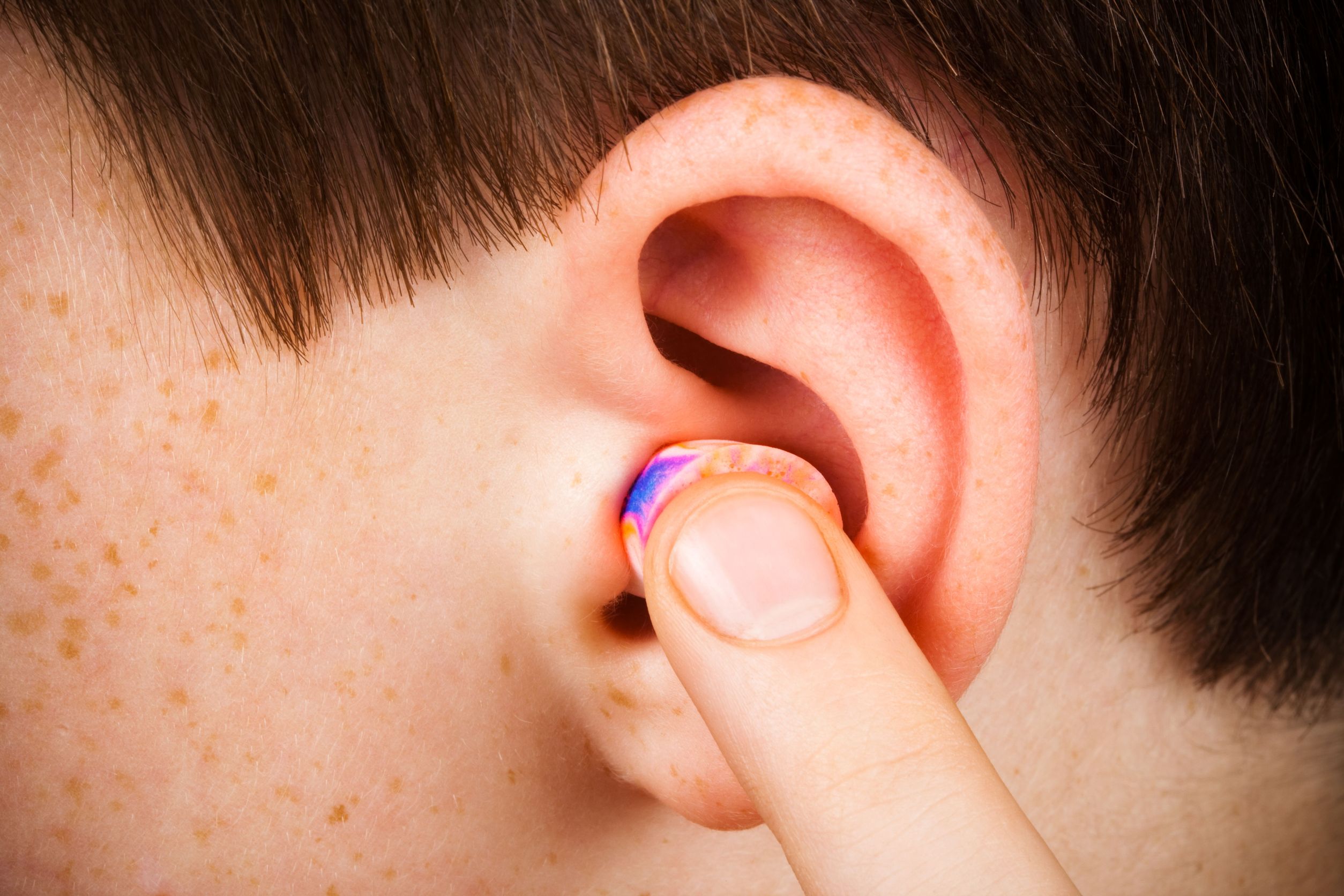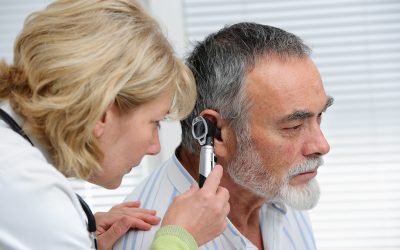If you already suspect hearing loss, you need to have your hearing tested before discussing what type of hearing device will work best for you. You need to be aware of how sound is measured, too. Both frequency and decibels (dB) are used as gauges for measuring the level of sound or the cycles of sound waves.
How Sound Frequency is Represented
Professionals in the field of audiology in Wheaton explain that the frequency of a sound wave is defined by the number of cycles produced per second. This type of measurement is referred to as a hertz (Hz).
High- and Low-Pitched Sounds
Any vibrations emitted that fall between 20 and 20,000 cycles per second are considered the sounds heard by a healthy person. Examples of high-pitched sounds include the songs of birds or the playing of a flute. Lower-pitched sounds are represented by the tones emitted from a bass guitar or distant thunder.
Measuring Sound in Decibels
Audiology professionals state that the dB measurement is used worldwide to determine levels of sound. This type of logarithmic scale can have various meanings and therefore does not represent a fixed value. Therefore, the measure of a dB is normally based on where it is used.
Examples of Sound Measurements
According to audiology specialists, the launch of a rocket conveys 180 dB while the take-off of a jet aircraft transmits 140 dB. City traffic is measured at 90 dB, while an ordinary conversation is measured at about 60 dB. When people talk in whispers, they produce about 30 dB of sound.
Hearing loss may occur because of the aging process or may emerge because of ongoing exposure to noise. Some diseases or medications can also affect a person’s hearing. To learn more about hearing loss and possible remedies, visit Hearing Specialists of DuPage. They will assist you in all aspects of audiology services and hearing aid selection.



